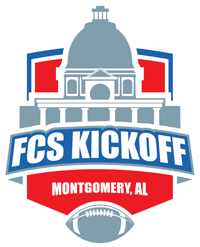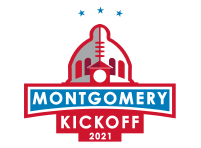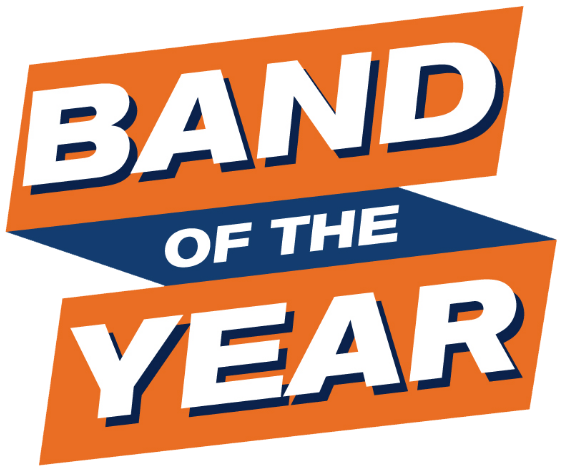The superstar uplifts HBCU culture — and her own journeys home

April 17, 2019
Beyonce, yet again, has gifted us all.
This time, she’s bringing a culture that’s so very important to African Americans to a global, mainstream stage. Her latest present is a Netflix documentary, Homecoming (streaming now), and it’s a dive into the inspiration for her game-changing 2018 Coachella performance.
Beyonce not only takes us behind the scenes of the making of that particular set of shows, she takes us home with her. We see her at her most vulnerable: dealing with an unexpected pregnancy, figuring out how to be a mother of a 6-year-old and a set of newborn twins, as well as a wife, and an international superstar who is ready to come back home. Home, for Beyonce, is the stage. Her film’s title is a double entendre, as Beyonce plays to actually coming home to the live stage and to the rich tradition of historically black college and university (HBCU) halftime culture as she brings it to a festival that was stridently white until recently.
Beyonce was the festival’s first African American female headliner — “Ain’t that about a b—-?” she sneers at one point — and in 2018 she collaborated with her team to craft a show that would show the world something that those of us who grew up in Montgomery, Alabama; Jackson, Mississippi; and Hampton, Virginia, were quite familiar with.
Interwoven with footage of the Coachella concert are homemade, never-before-seen rehearsal videos of the creation of one of the greatest shows to grace a festival stage, with Beyonce sharing insights about her body, her babies and her home life. The day she delivered babies Rumi and Sir via an emergency cesarean section, she topped out at 218 pounds. And Coachella was months away.It’s about the never forgetting. It’s about making sure that everyone is connected and educated and inspired by African American culture.
ITS ABOUT THE NEVER FORGETTING. ITS ABOUT MAKING SURE THAT EVERYONE IS CONNECTED AND EDUCATED AND INSPIRED BY AFRICAN AMERICAN CULTURE.
From there, she takes us on a journey: hitting SoulCycle hard, yes, but also dance rehearsals and other work that helped her burn up to 2,000 calories a day while cutting carbs, dairy, meat, sugar and alcohol from her life. Her discipline is to be as marveled at as the final product: Beychella.
We see the moment she’s able to fit back into a revealing costume — she FaceTimes her husband, Jay-Z, and revels in the accomplishment. It’s one of the very human moments in the film, reminding us that the woman we’ve crowned a deity is actually, well, one of us.
BEYONCE IS A HUMAN BEING? YEP.
Yep. She shares her breakneck schedule, the breastfeeding, the babies, the meetings with her team, the sheer perfectionist that she is while working on something as important as this show, which will both introduce a culture and give visibility to those who feel unseen by the world at large.
Beyonce, who directs and produces this film, flashes inspirational go-get-’em quotes from dignitaries such as Alice Walker and Marian Wright Edelman, all of them esteemed HBCU grads. She sees us — sees black folks, and black women specifically. In her show, we see black women with various body types; big girls move in bright leotards, and she says in a voice-over that she wants the world to see our curves. Beyonce’s father, of course, is an HBCU alum, and she talks about growing up with and being inspired by battle-of-the-band performances.
Perhaps the most significant moment of this documentary is near the end. The Carters’ daughter Blue Ivy is standing next to her mother, swaying side to side and singing the words of James Weldon Johnson’s “Lift Every Voice and Sing.” Her mother had sung the song earlier in the show. At times, Blue Ivy couldn’t quite remember the words, and her mother would lean over and whisper them in her ear. When Blue Ivy gets to the end of the song, she excitedly tells her mother that she wants to sing it again.Beyonce is a human being? Yep.
And that is what this whole experience is about.
It’s about never forgetting. It’s about making sure that everyone is connected and educated and inspired by African American culture. On a global stage. Across generations.
And, of course, it’s about getting to see one of the world’s most dynamic performers at her most authentic and open and at her very best. In one of her closing voice-overs, she says, “If my country a– can do it …,” anyone can.
That’s motivating. And inspiring. But respectfully, I beg to differ. Because we might never see anything — or anyone — like this again.


































